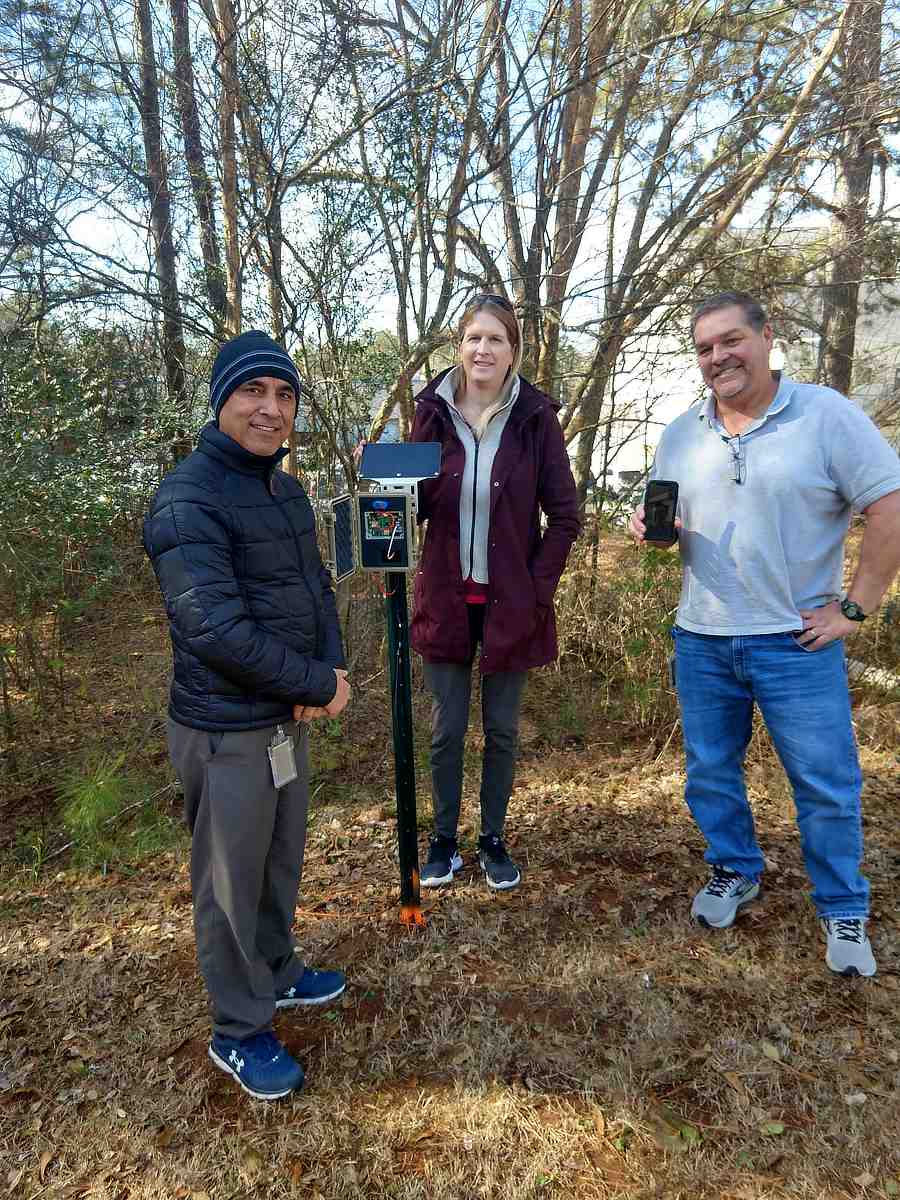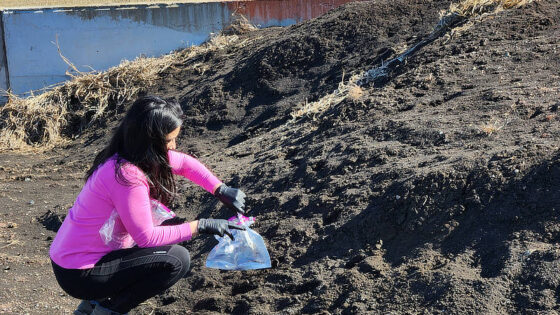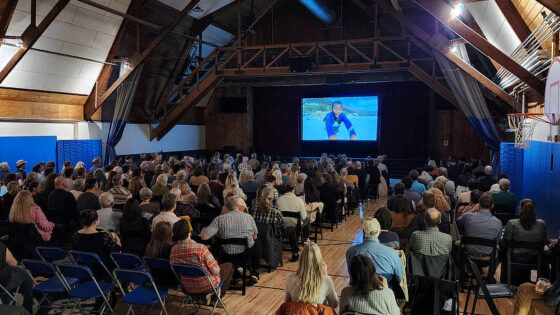Stroud Center’s Open Source Solutions Help Federal Agencies Collect Accurate Water Data for Less Money
Stroud Water Research Center is making it easier and more cost-effective for federal agencies to collect accurate environmental data through the use of open source designs.
USGS to Use EnviroDIY for Flood Monitoring
In March, the Stroud Center secured a contract to design a water-level monitoring system for the U.S. Geological Survey. The solar-powered system will use low-cost EnviroDIY technology to gather water data and relay it in real time to the internet on the data-sharing portal Monitor My Watershed. EnviroDIY and Monitor My Watershed are both part of WikiWatershed, an initiative of the Stroud Center.
The open source design will provide an accurate and more cost-effective alternative to conventional equipment used in monitoring river floods and tidal surges. By sharing the design with the USGS and the wider open source community, the Stroud Center aims to stimulate innovation and adaptation for diverse applications.
EPA to Use EnviroDIY With Rooftop Rainwater Capture System

The Stroud Center is also helping federal agencies through training workshops. In January, Research Engineer Shannon Hicks and Research Scientist Scott Ensign, Ph.D., trained staff scientists from the Environmental Protection Agency’s Region 3 Office of Research and Development on how to use EnviroDIY technology.
The training focused on the EPA’s desired application: measuring the chemistry of rainwater collected from rooftop rainwater harvesting systems. Hicks and Ensign covered the process of assembling materials, programming a data logger, and deploying sensors with the real-time relay of data to Monitor My Watershed. The EPA will use this technology in Georgia, Ohio, and North Carolina to monitor rainwater chemistry.
Collaboration Yields Better Solutions
Ensigns says, “Environmental scientists are always pursuing more cost-effective and more flexible ways to collect data. Federal agencies are no different, and they face similar budget constraints as the rest of us in the environmental sector. That’s why we are seeing more engagement of federal agencies with open hardware.”
The desire for more cost-effective and flexible options has also led to a collaborative effort to pioneer open hardware solutions. At the forefront of this global effort stands the Stroud Center’s EnviroDIY initiative, which has been instrumental in fostering collaboration among the scientific community during the past decade. By providing open hardware data loggers, the initiative empowers scientists and others to design and prototype instruments tailored to their specific needs, free from proprietary constraints.
“The Stroud Center anticipates a promising future for EnviroDIY and the broader open hardware community,” Ensign says. “As collaborative efforts continue to flourish, the initiative remains poised to drive advancements in federal agency technology and scientific research, heralding a new era of accessibility and innovation in scientific instrumentation.”
About WikiWatershed
WikiWatershed is a web toolkit designed to help people advance knowledge and stewardship of fresh water. It has been funded by the National Science Foundation, the William Penn Foundation, Stroud Water Research Center, the Virginia Wellington Cabot Foundation, The Dansko Foundation, and generous donations from Peter Kjellerup and Mandy Cabot.



